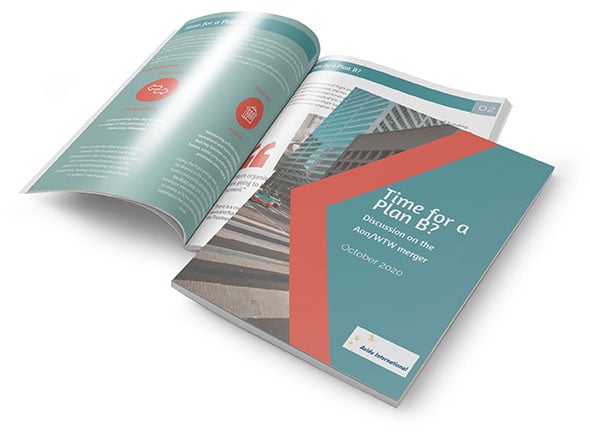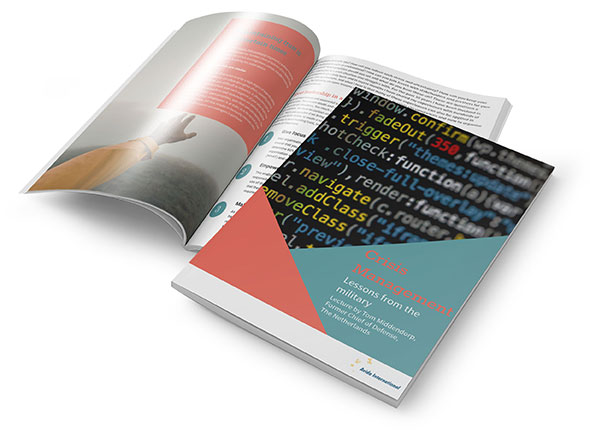Pension funds and their service suppliers must soon decide what they want their future business models to look like.
It's coming close to a year now since life for all of us was thrown into turmoil. We have all been forced into massive behavioural changes. From an organisational perspective the most visible and possibly most significant of these has involved our people having to flip from office to homeworking. This has involved a huge adjustment for both individuals and those managing them within teams. It has, for many, also involved a considerable degree of domestic upheaval.
CUSTOMER INTERACTIONS
I say, “possibly most significant” because across industries organisations have had to confront other uniquely difficult obstacles over the past twelve months. Some of the most challenging have involved customer interactions, whether it be from confectionery shops to supermarkets, from mobile phone retailers to car showrooms. For some, particularly in the hospitality sector, the challenge has been especially acute.
Doubtless we can all recall the initial shock-waves that ran through our financial services industry, leading to volatility spikes that played havoc with asset and liability valuations. However, when it soon became apparent that the world was not ending, relative calm returned and the industry focused on operating from residential rather than industrial estates. Pension funds and their service suppliers moved to ensure, quite rightly, that their operating models were adjusted so that business could be as usual as possible.
DUE DILIGENCE
Unsurprisingly, priority was given to the completion of essential tasks, with those “nice to have or do” items being deferred. Because it was generally assumed that this crisis, like all others before it, was certain to pass reasonably quickly into history, so certain decisions, understandably considered as non-essential, were postponed. Examples included those business expansion related projects and plans that it was felt could wait for a more appropriate time. But the nature of the current crisis is such that it has also been necessary to temporarily park important established procedures and norms. One example would be the postponing of regular face-to-face meetings between asset owners and service providers, part of the staple diet of due diligence and monitoring processes. Applying the long finger principle to such established procedures could be justified so long as the old normal were to return or in its absence a consensus on a new normal were to emerge.
Now as vaccination programmes pick up pace, light is appearing at the end of all our tunnels. Notwithstanding unknowns about, for example long-term vaccine effectiveness, organisations can begin to think about what the future of office versus homeworking might look like. But in our industry the same thought process will have to be applied to what future interactions between asset owners and service suppliers must necessarily morph into.
There is lots here to be considered.



